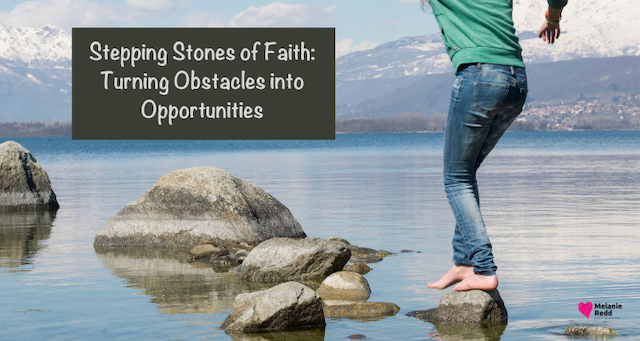Money Can Buy Happiness … But Not Meaning

It’s time I set the record straight on some of the things we were told as kids. Get ready for me to rock your world.
 Chocolate milk does not come from brown cows.
Chocolate milk does not come from brown cows.- Watermelons will not grow in your stomach if you swallow the seeds.
- Rover, the family dog, does not see in black and white.
- Reading in the dark will not ruin your eyes (but it will cause eye strain and give you a headache).
- Money can buy happiness.
You may want to dispute that last one, but hear me out. Ever been happy because you bought a car? Ever been happy with a mound of Christmas presents at your feet?
Stanford University has released a report that took in 120 different countries with people at various economic levels. The study concluded that wealthier people are happier. And why not? They can afford all the creature comforts, live in more comfortable settings, visit the best spas, and buy all manner of things to make them happy.
But what all that money does not buy is meaning.
People with lower incomes view happiness through the lens of meaning. In other words, their sense of happiness is tied to the purpose, value, and direction of their lives—and there’s no product or name brand attached to that.
I would agree that money buys happiness, albeit temporarily. The purchases we made last year that made us oh so happy will only make us happy this year if we can sell them in a garage sale.
The danger with this connection between money and happiness is that, when any feelings of contentment start to fade from our last purchase, we deaden the discontent by just buying something else. We surround ourselves with creature comforts and things to numb our minds to the fact that there is no true comfort in these things.
Those with lesser income can still be blinded to the dangers of wealth, carrying an envy that thinks, “If I had all he had, then I would be really happy.” But the study showed that, without all the cash and possessions, people with less just might experience a greater sense of meaning in their lives the wealthy are too sedated to see.
When we find meaning in our lives, we also find happiness.
No one said it better than Jesus. He began His Sermon on the Mount with several “Blessed are …” statements. To appreciate what Jesus was saying, we need to be clear on the word “blessed.” “Blessed” is the Greek word makurios, a word that means “happy.” A lot of Christians don’t like that, and they’ve told me so. “Happiness is based on circumstances—and circumstances can change. God doesn’t give us happiness; He gives us joy, which doesn’t change.” I don’t argue with that, but I can’t get around the fact that Jesus used the word that means happy!
Here was this crowd gathered around Jesus. He had a golden opportunity to teach them about life in the kingdom of God, and how does He start?
“You want to be happy? I mean really happy? Then see yourself as poor in spirit. Be one who mourns over your sin. If you really want to be happy, humble yourself before God and chase after righteousness. When you become merciful, pure in heart, and a peacemaker, you’ll know happiness. You’ll even know happiness when persecution comes” (My version of Matthew 5:3-12).
 Jesus took the common everyday word for happiness and redefined it. He turned it upside down!
Jesus took the common everyday word for happiness and redefined it. He turned it upside down!
We find our meaning when we see there’s nothing good in us, mourn over our sin, humble ourselves before God, and seek His righteousness. Meaning is found in a life surrendered to Christ—and we can’t help but be happy because of Him.
Regardless of how much or little is in your bank account, find your meaning, purpose, and happiness in Christ.
“Don’t store up for yourselves treasures on earth, where moth and rust destroy and where thieves break in and steal. But store up for yourselves treasures in heaven, where neither moth nor rust destroys, and where thieves don’t break in and steal. For where your treasure is, there your heart will be also” (Matt. 6:19-21).
 Subscribe to this blog or like our Facebook page. And share this post with others.
Subscribe to this blog or like our Facebook page. And share this post with others.
If you would like a printable version of this, check out PrintFriendly.




